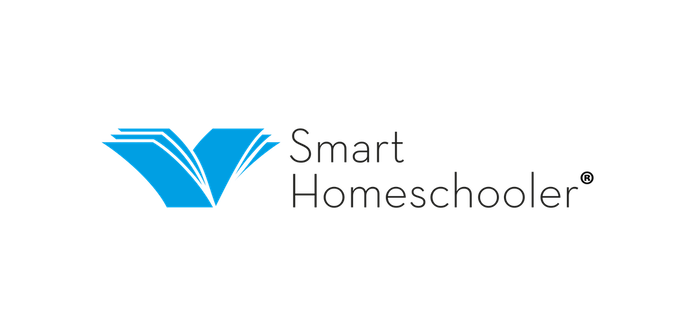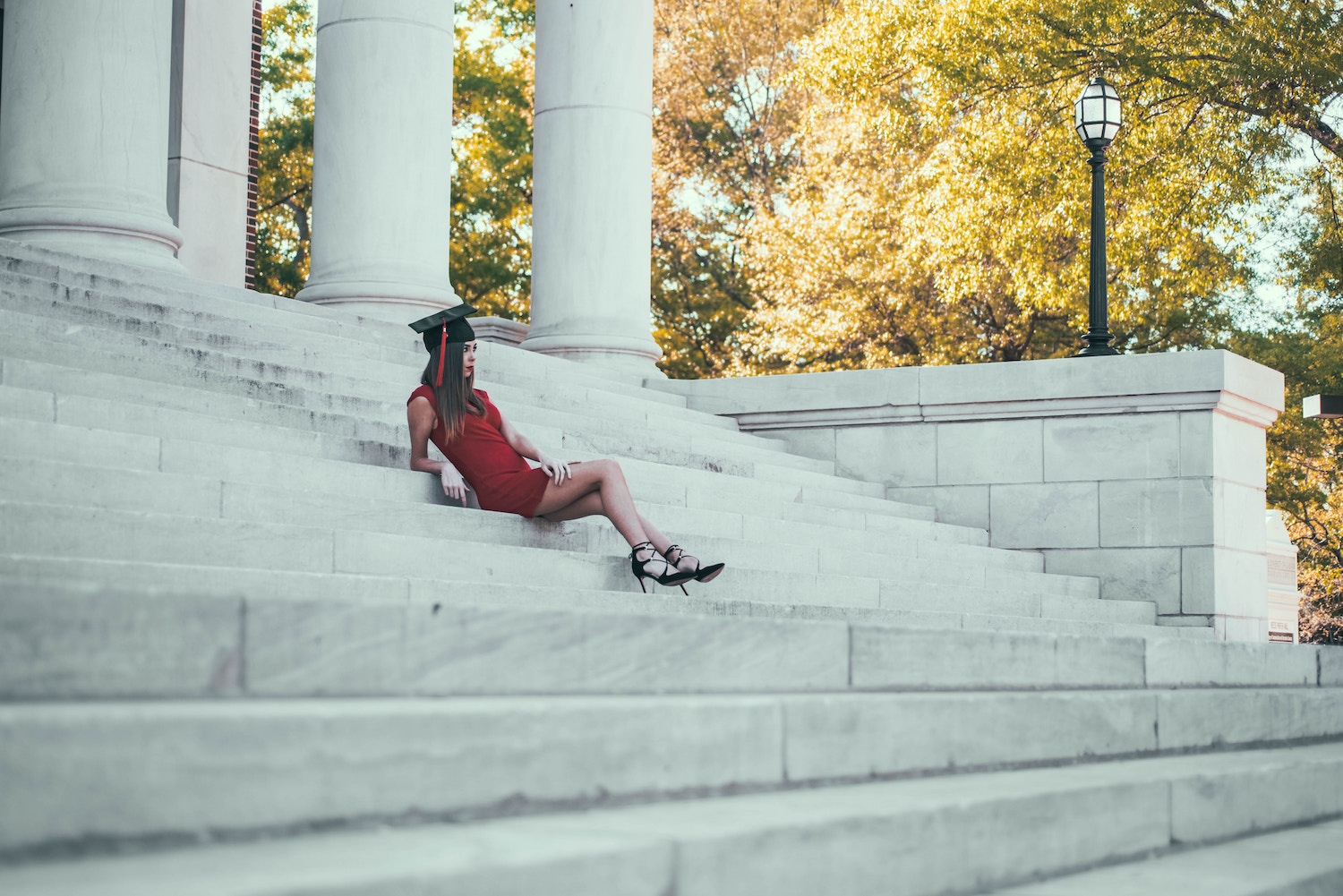Why You Should Read "Excellent Sheep: The Miseducation of the American Elite & the Way to a Meaningful Life"
/It's not easy to break away from a group you've invested your life in, yet this is exactly what William Deresiewicz had the courage to do. His book, Excellent Sheep, is a scathing critique of the Ivy League system he's a product of. His awakening, I'm guessing, must have cost him his job at Yale.
You don't want to miss his book if you're a parent considering an Ivy League college for your child, if you're a student who'd like to attend one, or if you're someone who's interested in education.
What follows is not a book review: it's some thoughts about kids, parents, and education that I had while reading his book which may resonate with you. Overall, I think it's worth reading, but there were some problems with it that I'd like to mention here.
For starters, Deresiewicz makes flimsy statements such as autodidacts are "cranks, obtuse and self-enclosed," that it isn't normal for parents and children to be friends, and that the best place to learn to think is college, all of which don't hold up under scrutiny. He sprinkled more like these throughout his book which didn't add to the strength of his argument.
In defense of autodidacts, which includes each of us since learning isn't restricted to school, attending college didn't begin to become more common until after World War ll. Think about Benjamin Franklin, Charles Dickens, and Eleanor Roosevelt. Largely well-loved with fruitful, meaningful lives, they hardly fit Deresiewicz's description. Also, you can check out the "Autodidactic Hall of Fame" for more notable names of the self-taught.
While I think that treating your young child as your friend rather than asserting your authority as a parent is bad parenting, however, by the time your child reaches adulthood and enters college, what else should you be if not friends? You are family for God's sake.
As for learning how to think, if Deresiewicz follows the structure of the liberal arts curriculum, which he advocates, then a student would study logic—the art of right thinking—long before college. If he waits until college to learn how to think, he will wait too long.
Furthermore, the kind of thinking that allows us to "develop a self," as Deresiewicz proposes, is natural from a young age. The institutional school model, whether public or private, is where we learn to distrust our inner guide, lose sense of who we are, and develop the need for constant approval, as John Taylor Gatto argues in his book, The Underground History of Modern Education. This inability to develop a self isn't a problem confined to the Ivy Leagues nor is developing one a four-year process.
Turning back to his book, Deresiewicz begins with a chapter called "Students" where he describes how, behind their well-fortressed facades, Ivy League kids are fragile and confused. He portrays them as “highly intelligent twenty-two-year-olds who have no idea what they want to do with their lives: no sense of purpose and, what is worse, no understanding of how to go about finding one.”
The “best" and the "brightest” Ivy League kids, to use Deresiewicz's words, are nothing more than "entitled little s**ts" with ambitious parents, parents who had the money to spend on tutors, music lessons, sports equipment, and trips abroad to provide them with the perfect resume and test scores for acceptance into an Ivy League college. In other words, it's just the elite preserving the elite.
As Deresiewicz says in his most telling line, "It comes to this: the elite have purchased self-perpetuation at the price of their children's happiness."
Part of the Ivy League initiation process is to cement the kids' belief that they are better than the rest of humanity simply because they are Ivy Leaguers. Yet, arrogance is the greatest of vices stemming from a deep state of ignorance. Socrates would not approve of this tactic, nor would Plato or Aristotle, for that matter.
In the words of a Harvard student surveying fellow passengers on a train, "...feeling that these people, who could never hope to be her intellectual equals, simply didn't exist in the way that a member of the Harvard community did."
Double ignorance. That's what the Ivy Leagues teach.
Deresiewicz has a lot of gripes about his upbringing and his Ivy League education, which he thinks he wasted. He devotes his time now to making sure other kids don’t fall into the same trap he fell into. Being the son of Jewish immigrants and a self-professed atheist may explain why, in helping kids develop a self, education seems to have replaced his former religion.
He's evangelical about the college experience: “You should arrive at college as at the beginning of a pilgrimage … that you should come to seek conversion, though you know not yet to what belief or way?”
When he talks about the relationship between a teacher and his student, he titles the chapter “Spirit Guides." He refers to the transmission of knowledge by the teacher as “sacred” and, it may be, but the evangelical spirit that floated between the lines of his book was not. You get the idea that college is the temple, and the professors are the priests. But this isn't what really troubled me.
What really disturbed me had nothing to do with Ivy Leagues and everything to do with William Deresiewicz.
I found his attitude towards parents alarming and dangerous. Criticism and disrespect for our parents seems to be rooted in modern culture and has wreaked havoc on our country. The family is the foundational unit of a society. In my lifetime, I've witnessed the breakdown of the family unit, and I've watched the discord spill over and into the general society.
To quote Deresiewicz, "What isn't normal is the notion that parents and children, first and foremost, should be 'friends' ... better the tyrannical patriarchs of yesteryear toward whom one openly declared one's enmity, than to have such friends as these."
He asks his students, "What do you owe your parents?" He advises them only to talk to their parents "once a week, or even better, once a month."
“Treat your parents with loving care, for you will only know their value when you see their empty chair. ”
We owe our parents the gift of our lives, Professor Deresiewicz. We honor them for this gift. Furthermore, our parents fed us and clothed us and cared for us, and some of them even broke their backs to get us an Ivy League education. We owe them the courtesy of a phone call at least once a week.
His shortsighted verbiage on this point is harmful to society and to his students who, according to Deresiwicz, lacking both self-knowledge and purpose, turn to him for advice.
Don’t get me wrong: in spite of the things that bothered me, overall, I think Excellent Sheep is an important book and should be read. Deresiewicz has much to say about the value of an Ivy League education that will alter your perspective and maybe even change your destiny.
To purchase: Excellent Sheep
Instead of the Ivy Leagues, in case your wondering, Deresiewicz recommends small liberal arts colleges.
Read his book. It’s worth reading. Just remember to separate fact from fiction, but, most of all, be good to your parents.
_______________________________________________________________________
Elizabeth Y. Hanson teaches parents the secrets and skills to raising brighter children with a focus on getting the early years right. She is the founder of Smart Homeschooler™ and has been a holistic consultant and researcher in children's education since 2001.
















